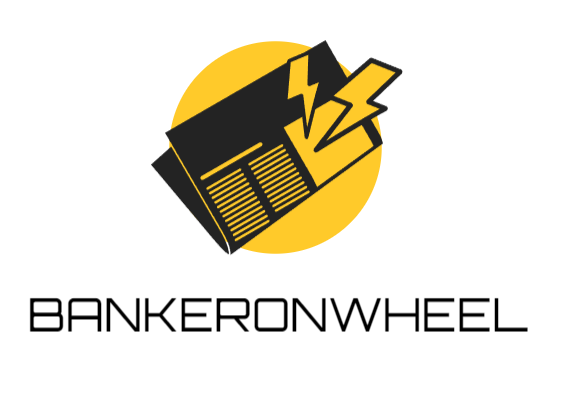Unveiling the Gig Economy: A Deep Dive into Opportunities and Challenges

The gig economy, a term that has gained significant traction in recent years, refers to a labor market characterized by the prevalence of short-term contracts or freelance work, as opposed to permanent jobs. It’s a fascinating, dynamic, and often misunderstood sector of our economy that offers both opportunities and challenges.
The gig economy is like a vast ocean, teeming with diverse opportunities. It’s a realm where you can be your own boss, set your own hours, and choose the projects that interest you. It’s a space where you can turn your passion into a paycheck, whether that’s graphic design, writing, coding, consulting, or dog walking. The gig economy is also a place where you can supplement your income, testing the waters of entrepreneurship without giving up the security of your day job.
Moreover, the gig economy is a global marketplace. With the rise of digital platforms like Upwork, Fiverr, and Airbnb, you can work with clients, offer services, or rent out property to people from all over the world. This global reach can lead to a more diverse and exciting range of projects and interactions.
However, just like the ocean, the gig economy can also be unpredictable and challenging. One of the main challenges is the lack of job security. Unlike traditional employment, gig work doesn’t come with a guaranteed paycheck. Your income can fluctuate from month to month, making it harder to budget and plan for the future.
Another challenge is the absence of benefits. Many gig workers are considered independent contractors, which means they don’t have access to employer-provided health insurance, retirement plans, or paid time off. This lack of benefits can make gig work less appealing, especially for those with families or health concerns.
The gig economy also requires a different set of skills. To succeed, you need to be a self-starter, able to market your services, manage your time, and handle your finances. You also need to stay current with industry trends and continually improve your skills to stay competitive.
Despite these challenges, many people are drawn to the gig economy because of the freedom and flexibility it offers. They appreciate the ability to choose when, where, and how they work. They value the opportunity to pursue their passions and create their own path.
In conclusion, the gig economy is a double-edged sword. On one side, it offers a wealth of opportunities, including flexibility, autonomy, and the chance to turn your passion into a paycheck. On the other side, it presents significant challenges, such as income instability, lack of benefits, and the need for self-motivation and continual learning.
Whether the gig economy is right for you depends on your personal circumstances, career goals, and risk tolerance. It’s not for everyone, but for those who are willing to navigate its waves, it can be a rewarding journey. As we continue to explore the gig economy, it’s crucial to understand both its opportunities and challenges, so we can make informed decisions and create a future of work that benefits everyone.

